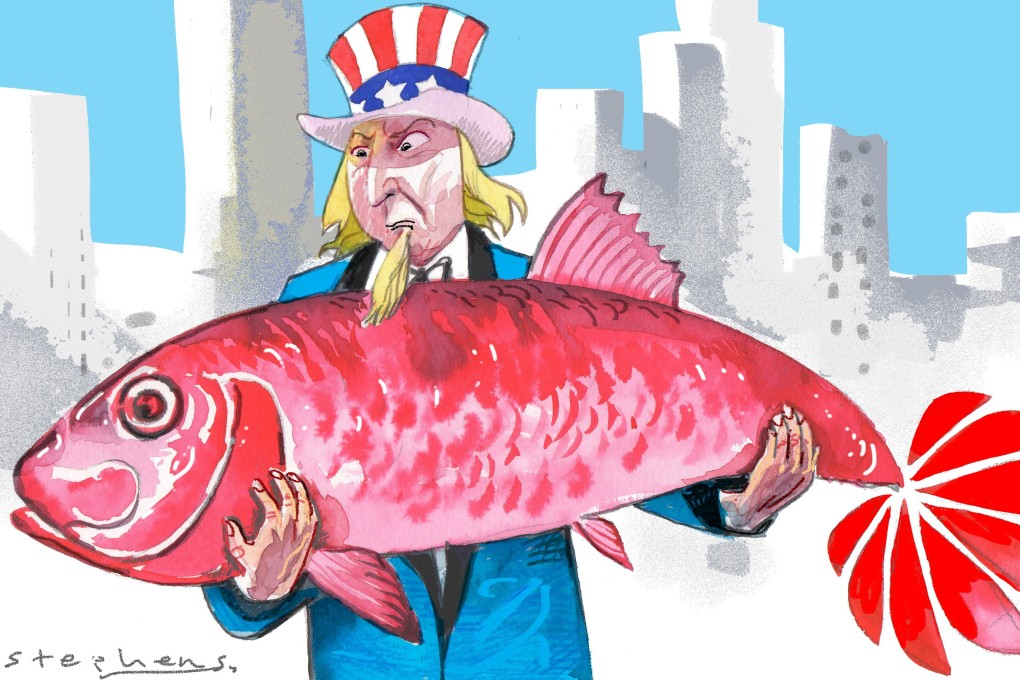Advertisement
Opinion | Donald Trump’s campaign against Huawei is a symptom of digital orientalism, ignoring similarities in Chinese and Western surveillance
- The US’ targeting of Huawei is rooted in long-standing fears that China might challenge the idea of civilisational superiority on which the West constructs itself
- Focusing on Chinese surveillance effaces the threat posed by Western tech giants
Reading Time:4 minutes
Why you can trust SCMP

Britain’s counter-intelligence chief recently said he believes the United Kingdom’s intelligence-sharing relationship with the US will not be hit if Britain adopts Huawei technology in its 5G mobile phone network. This is the latest twist in a deepening saga with major implications for Huawei, US-China relations and global technological progress.
Advertisement
In Germany, Economy Minister Peter Altmaier has been criticised for comparing Chinese with US surveillance capabilities, as the European Union laments its lack of digital autonomy and being at the mercy of American and Chinese firms.
The distortions and anxieties at work in these controversies require a new critical perspective for weighing dystopian concerns against promises to the contrary.
Edward Said’s Orientalism analysed how the “East” was fabricated as the exotic, feminine, irrational and backward other of the “West”. Said argued that the West constructs itself on the idea of civilisational superiority, which has justified imperialism and hegemony by and through technological advances.
Said’s concept has long been a fixture in postcolonial studies, especially discussions of the Chinese communist revolution. However, following Chinese paramount leader Deng Xiaoping’s market-oriented reforms and modernisation drive, a new “Sinological orientalism” emerged.
As University of Hong Kong professor Daniel Vukovich argued, these reforms were interpreted as confirmation of the “end of history” thesis, whereby Deng was no longer really a communist but a pragmatist and it was only a matter of time before the Communist Party collapsed as tensions between China’s political and economic systems reached a breaking point. Believing China was “becoming us, but not yet us”, the West revelled in its superior path.

Advertisement

